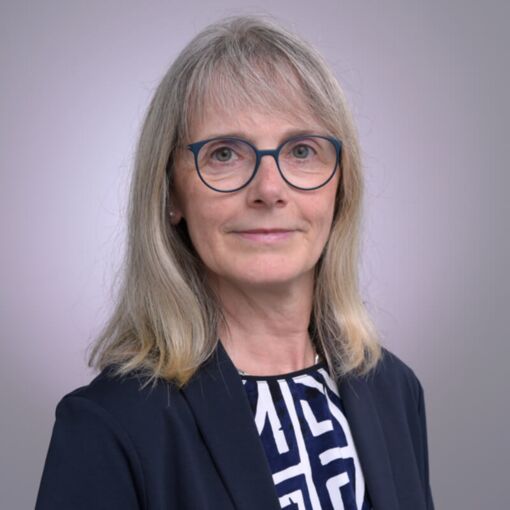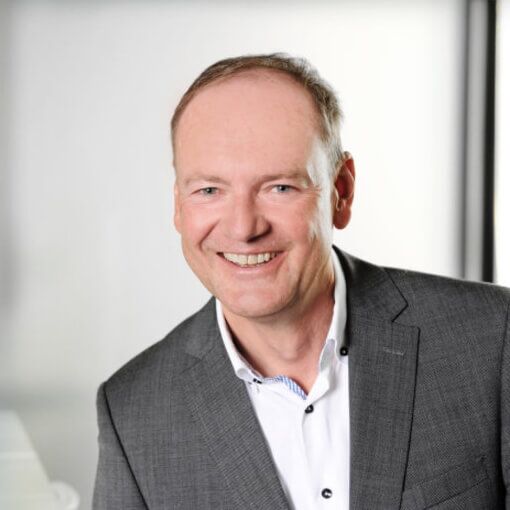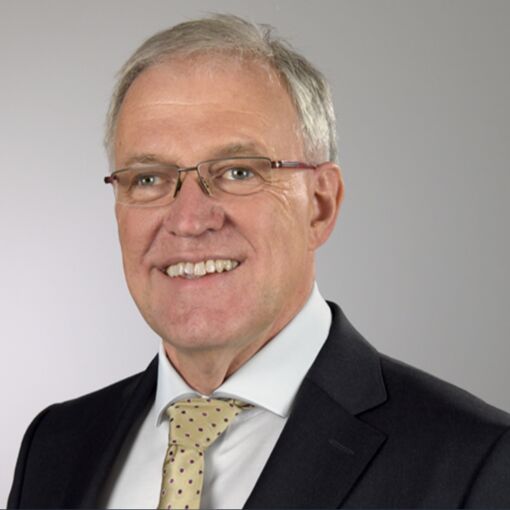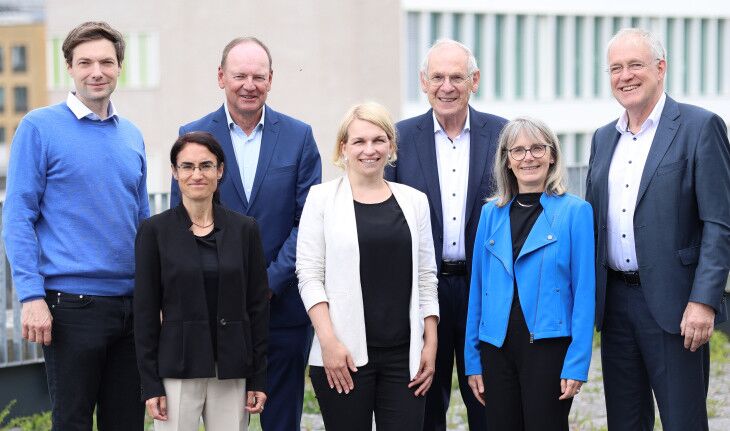
About us
Kiel University (CAU), the Helmholtz Center Hereon and the University Medical Center Schleswig-Holstein (UKSH) are jointly driving forward a cooperation that will lead to the establishment of an Institute for Digital Implant Research (IDIR). The aim of this interdisciplinary project is to raise implant research and implant development to a new level using state-of-the-art technologies.

The future of implants lies in three fields of innovation: personalized implants, improved material selection and the development of new implants through the use of computer simulation models and artificial intelligence.
Dr. Regine Willumeit-Römer
Initiator of the cooperation and Director of the Institute for Metallic Biomaterials at Hereon
At a symposium held on June 10, 2024 at the UKSH, Campus Kiel, to prepare for the establishment of the IDIR, Prof. Dr. Regine Willumeit-Römer, initiator of the cooperation and Director of the Institute for Metallic Biomaterials at Hereon: “The future of implants lies in three fields of innovation: personalized implants based on individual molecular body properties, improved material selection through comprehensive data on the interaction of materials with body surfaces and the development of new implants through the use of computer simulation models and artificial intelligence.” The research focuses on so-called digital twins, which depict physiological and material science conditions in computer models.

Gaining the ability to develop complex medical implants using digital twins on the computer in the future could be a game changer in medical technology.
Prof. Dr. Olav Jansen
Director of the Clinic for Radiology and Neuroradiology at the UKSH
Prof. Dr. Olav Jansen, also one of the initiators of the joint project, said: “Gaining the ability to develop complex medical implants using digital twins on the computer and simulate their use in the human body could become a game changer in medical technology. And Kiel could become a beacon in implant development.” According to the Director of the Clinic for Radiology and Neuroradiology at the UKSH, Kiel Campus, modern implants have become an integral part of medical care and are becoming increasingly important.
Digital twin as the key

We are planning to use digital twins to develop and optimize implants. This method can not only revolutionize implant development, but can also be used in testing and approval.
Prof. Dr. Eckhard Quandt
Vice President for Research, Scientific Infrastructure and Transfer at the CAU
“We are planning to use digital twins to develop and optimize implants. This method can not only revolutionize implant development, but can also be used in testing and approval,” says Prof. Dr. Eckhard Quandt, Vice President for Research, Scientific Infrastructure and Transfer at the CAU. An important aspect of digital implant research is the digitalization of the implant and the biological implant environment. This not only allows individualized implants to be developed, but also their functionality and acceptance in the body to be simulated. These simulation results are important both for implant development and for the approval of new implants. In-silico trials, i.e. computer-aided studies, can shorten the approval process for new implants and make it more cost-effective, while also minimizing the need for animal testing. The use of high-performance computers and AI should pave the way for qualitatively optimized and personalized implants.

Interdisciplinary cooperation
The success of the cooperation is based on close collaboration between different disciplines. Materials science is driving the development of new materials, digital scientists are developing digitally adaptable implants and medical professionals are contributing clinical necessities to the development process. This cooperation makes it possible to systematically use simulation, modeling and AI.
An international panel of experts from the Helmholtz Association assessed the concept positively in summer 2023 and emphasized the urgency of its implementation. The cooperation between CAU, Hereon and UKSH offers outstanding potential to lead this project in Europe.